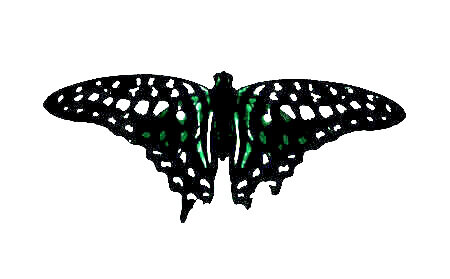I Who Have Never Known Men by Jacqueline Harpman
I want to know everything there is to know. Not because it’s any use, but purely for the pleasure of knowing, and now I demand that you teach me everything you know, even if I’ll never be able to use it. And don’t forget, I’m the youngest. One day I’ll probably be the last and I might need to know things for reasons I can’t imagine.
The novel begins underground, in a bunker of forty women imprisoned for unknown reasons, guarded by men who don’t speak to them or each other. The situation is grim, not what I thought I was ready for in the age of a new and relentless assault on women’s rights, and it immediately reminded me of Miriam Toews’ gripping Women Talking, in which Mennonite women plot an escape from the community in which they have been abused and basically imprisoned. In spite of the dark subject matter, both novels share a hopeful urgency. Both create that urgency and that emotion by establishing high stakes and by investing in the relationships between and interiority of their characters. In the case of Harpman’s 1995 book, recently reprinted and translated from the French by Ros Schwartz, our nameless narrator has no other life but the life of her mind, and I found that life unbelievably moving and motivating.
Having grown up in the bunker, she wants to know about love and sex, even if she’ll never know either one. She wants to know what the women’s life was like before, even if her own life never changes. Later, when she is faced with the world outside the bunker, she wants to know who else might be out there alive, and what happened to them all. When she encounters Shakespeare’s plays and Dostoevsky’s novels, she doesn’t understand them, but by reading their words, she learns how to write her story.
The book is about survival in a post-apocalyptic world, but even more than survival, it is about a desire to seek and to know in order to live. The narrator’s quest for knowledge for the sake of knowledge should not, according to the generic rules of fiction, be as propulsive as it is. And yet while her desire is for something intangible, it serves as the perfect narrative engine. As with Women Talking, the violence has already happened, before the story even begins. The narrator’s singular objective—to learn—gives each sentence a weighted urgency I feel in my body as I read; her interior life is as active and alive as her physical life has been limited and stilted.
When I talk with students about reading, writing, and making art in 2024, in a country where arts and humanities are being cut on campuses and book bans are all the rage, it is this thriving interior life that I want to help preserve. We deserve to know for the sake of knowing, to study drawing even if we never plan to be professional illustrators, to read sonnets even though we can’t make a living as sonnet-writers.
The narrator of Harpman’s novel is a perfect heroine for right now. Living at a time when humanity has been disrupted and devastated, her curiosity about the world and other people is the most beautiful, hopeful and deeply human thing imaginable.

